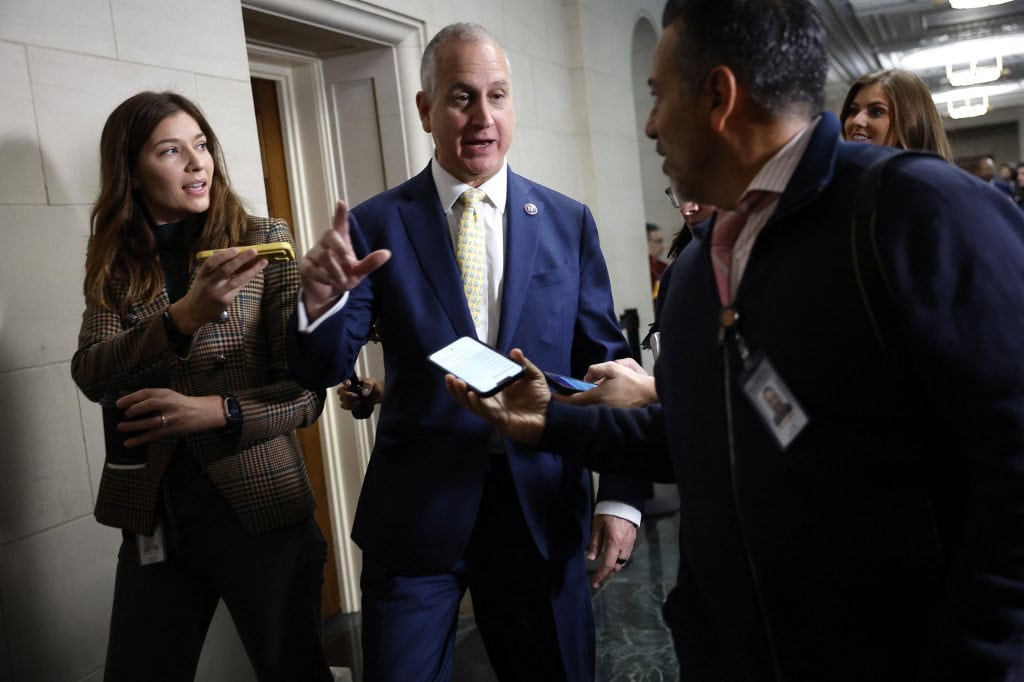A U.S. Congressman has stepped into Costa Rica’s heated political debate, requesting a direct briefing from our country’s ambassador in Washington amid growing questions about our nation’s democratic processes. Florida Republican Congressman Mario Díaz-Balart voiced serious doubts about efforts to remove President Rodrigo Chaves’ immunity, calling the move a potential threat to electoral fairness just months before national elections.
Díaz-Balart, who met with Chaves during a July visit to Costa Rica, shared his concerns on social media. He argued that ousting a sitting president through unclear procedures could undermine trust in the system.
“Removing a president a few months before national elections through ambiguous mechanisms jeopardizes democratic legitimacy and sends an alarming signal,” he stated. His words echo Chaves’ own criticisms of lawmakers and the Supreme Electoral Tribunal (TSE), which he has accused of targeting him unfairly.
The controversy centers on allegations of political belligerence against Chaves. This refers to actions seen as improper campaigning or interference, which fall under administrative rules rather than criminal law. The TSE forwarded a request to the Legislative Assembly to lift his immunity, allowing an investigation to proceed. Lawmakers must now vote on the matter, with no set timeline yet.
If the assembly rejects the request, the probe stalls until Chaves leaves office. A TSE spokesperson noted that the tribunal would respect such a decision, viewing it as a political choice beyond their scope. The body handles similar complaints against other officials, but Chaves’ case draws extra scrutiny due to his position.
Chaves addressed the issue at a recent press conference, hinting at outside interest in Costa Rica’s affairs. “Our international friends are beginning to ask us questions. Stay alert, stay alert, stay very alert,” he said. His remarks followed reports confirming Catalina Crespo’s role as ambassador, a post aligned with his administration.
Díaz-Balart’s involvement stems from his earlier trip, where a bipartisan U.S. delegation discussed security matters with Chaves and officials. The U.S. Embassy highlighted talks on shared goals like countering crime and managing migration. As chair of a subcommittee overseeing foreign aid, Díaz-Balart emphasized Costa Rica’s role as a stable ally in the region.
This marks the second time in recent months that Chaves faces an immunity challenge. In July, the Supreme Court sought to strip his protections over claims of misused public funds tied to a regional bank. Congress ultimately declined, allowing him to remain in office. Chaves hailed that outcome as a victory against what he called a judicial overreach.
Critics argue the current push reflects broader tensions in Costa Rica’s politics. Chaves, elected in 2022, has clashed with institutions he sees as obstacles. Supporters view the immunity bid as an attempt to sideline him ahead of the 2026 elections, where he cannot run again due to term limits.
The assembly’s decision could shape public confidence in the vote. With elections approaching, any perceived instability might affect turnout or results. For now, the process remains in committee, where debates continue without a clear path forward.






